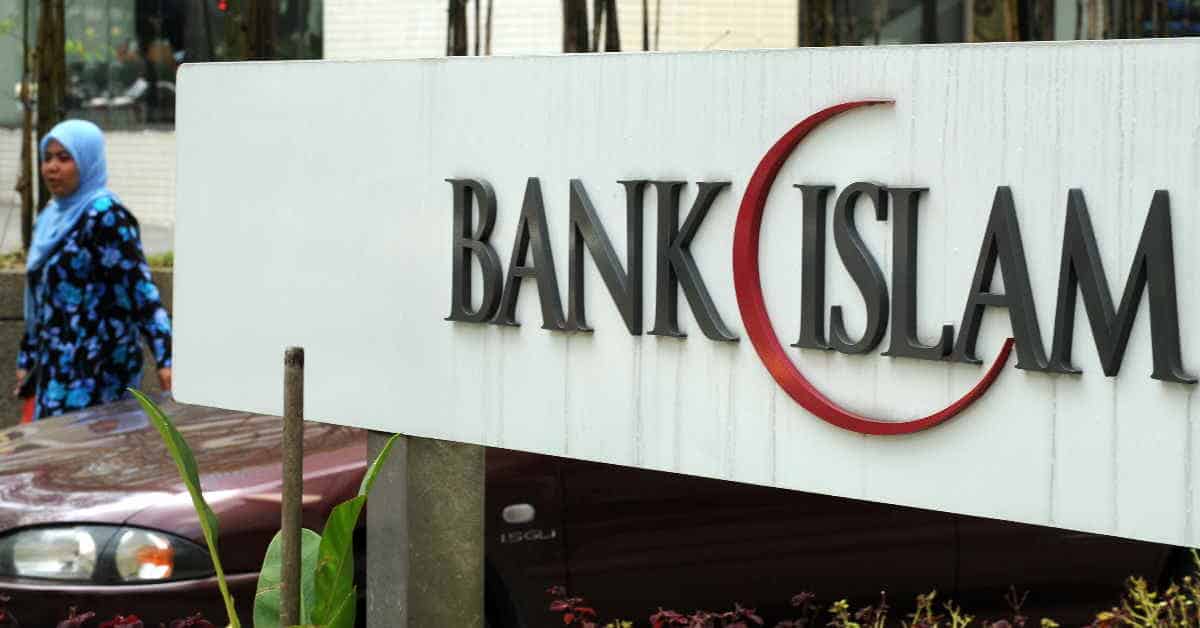-
The report titled ‘Faith and Finance: The changing face of Islamic banking’, surveyed over 2,000 respondents globally
-
47 percent of the UAE respondents and 18 percent from Egypt said they currently use Islamic banking
Social responsibility and ethical practices are among the top priorities for the next generation of Islamic banking customers but a lack of digital services is holding the industry back, reveals a new report by Mambu, a cloud banking platform.
The report titled ‘Faith and Finance: The changing face of Islamic banking’, surveyed over 2,000 millennial and Gen Z consumers globally. It found that 53 percent of young Muslims were ready to choose Islamic banking, if barriers to entry were removed.
Among the total number of respondents surveyed, 251 were from the UAE and 254 from Egypt. 47 percent of the UAE respondents and 18 percent from Egypt said they currently use Islamic banking.
16 percent of the UAE respondents said they use traditional banking but are considering Islamic banking, while this figure was higher in Egypt with 24 percent looking for Islamic banking instruments.
15 percent in the UAE and 18 percent in Egypt said they use a mix of Islamic and traditional banking.
Similarly, 74 percent of young Muslims globally said they want banks to make investments that align with their religious beliefs, while 75 percent want them to make investments that ‘do good in the world’.
More specifically, almost two thirds (62 percent) were opposed to their bank lending to tobacco companies, and 69 percent would rather their banks not lend to gambling institutions.
“Younger consumers are demanding financial change, and the Islamic finance market is no exception,” Elliott Limb, Chief Customer Officer at Mambu, said. “Our research illustrates how Islamic banking trends mirror the demand we’re seeing for ethical banking practices more broadly”.
He added that with 1.9 billion Muslims underserved globally. “there’s a huge opportunity for both Islamic and conventional banks, alike, to provide compliant solutions for the modern consumer.”
In recent years, the Islamic finance market has grown rapidly. Total assets in the sector have exceeded $2 trillion and are expected to reach $3.8 trillion by 2023. But a lack of digital services is holding back the service uptake among the next generation of consumers.
According to Mambu’s research, 76 percent of young Muslims said the availability of online banking options is a dealbreaker. Specifically, 70 percent said that it’s important they can make an investment without having to see someone in person. 74 percent said it’s important they can access their bank’s services via a mobile app, and 80 percent said it’s important they can access banking services anywhere, at any time.
Islamic banking is not only growing in the Middle East. There has been an explosion of Islamic fintechs globally over the last few years, with this market expected to be worth $125 billion by 2025.
The United Kingdom currently leads with the most Islamic fintechs which number around 27 companies, followed by Malaysia with 19 companies, and the United Arab Emirates (UAE) with at least 15 companies.
The Islamic finance industry is built on a promise that products and services comply with Shariah law. It was founded on a set of moral and ethical principles that promote the public good and the belief that ‘money shouldn’t make money,’ a financial system that is interest free.








